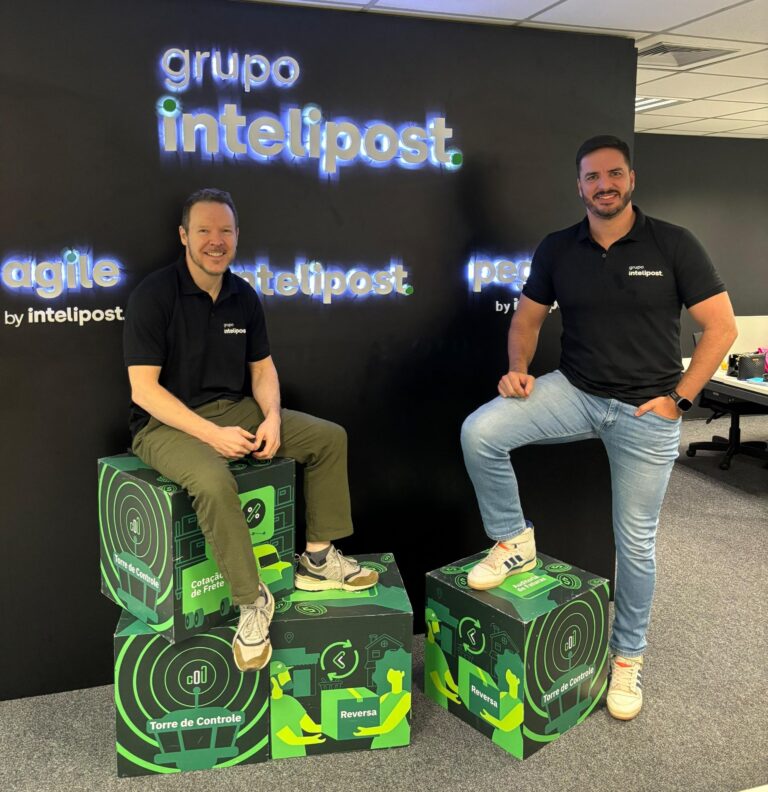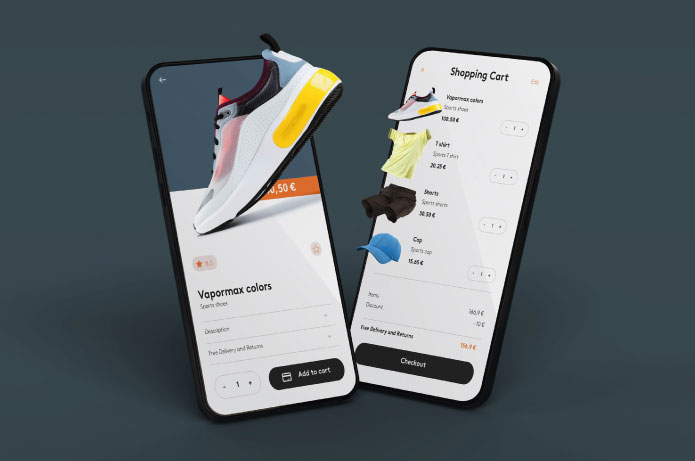Brazilian e-commerce loses, every year, between R$ 120 and R$ 150 billion in payments denied in transactions with credit cards not present. This does not occur due to lack of demand, or supply problems, but due to a structural failure in the validation of the identity of customers in the online environment. Data from Abecs, Brazilian Association of Credit Card Companies and Services, show that in 2024, the online payments market moved R$ 1 trillion, and data from Unico show that, of this total, between 10% and 15T are denied purchases with no relation to fraud.
Traditional anti-fraud systems, based on risk analysis models and some behavior patterns, often fail to differentiate some legitimate customers from fraud attempts.The impact is direct on retailers' revenue and, especially, on the experience of consumers, who often have their payments denied without justification, even presenting correct data and active card.
In this context, a Unico, identity validation network, presents at VTEX Day 2025 a IDPay, technology that has transformed facial biometrics into a revenue growth and security engine for e-commerce. The solution combines identity authentication through a robust network of data, artificial intelligence and behavioral information to validate high-risk online purchases with credit card. Present in four of the five largest banks in Brazil and in more than 50 brands and retailers, Unico IDPay allows financial institutions to approve payments in e-commerce that would be denied by traditional methods.
The impact of this transformation is visible. Since its launch in May 2023, Unico IDPay has already safely approved more than R$ 11 billion in sales that would be lost if only traditional methods of anti-fraud and risk analysis were used. Currently, the solution already approves more than R$ 1.3 billion in transactions per month. These results are even more expressive in the main retail peaks. On Mother's Day 2025, for example, the transactions approved by the platform grew 582% over the same period of 2024, jumping from 24 million RTP 24 to 24.
This impact generates direct benefits in the results of large retailers. During Black Friday and Cyber Monday 2024, two of the largest retail groups in Brazil recorded an average growth of 75% in the volume of validated transactions, with an increase in GMV of up to 359%. In calendar months, the scenario is also confirmed: “ we recovered more than R$ 340 million from January to April 2025 in purchases that could not have happened if we had not invested in improving the consumer experience and reducing economic losses”, Casas Vital Leiteiras executive de Solutores de Leite.
One of the reasons that increase the secure approval rate of Unico IDPay, and consequently increase the margin of business, is the integration of facial biometrics directly into the purchase flow, without redirects or additional steps, which reduces cart abandonment, and also significantly improves the consumer experience at the time of payment. Unlike traditional models, based on assumptions and probabilities, identity validation, along with the real-time connection with banks and card issuers, ensures that those who are buying are, in fact, the cardholder, eliminating the uncertainties and friction that both harm e-commerce.
“A identity validation is no longer a barrier against fraud.It has become the engine that ensures trust, security and growth in Brazilian e-commerce. When we transform identity into a business asset, the result appears at the tip: more sales, less friction and more trust for consumers and companies”, explains Paulo Naliato, Chief Growth Officer at Unico.
New validation standard
Unico IDPay's efficiency is based on the network effect of Unico's own technology, present in more than 23 sectors of the Brazilian economy.When a customer makes a purchase, it has already been previously validated in other digital environments, which allows biometrics to act deterministically and accurately in confirming identity. “When we validate with IDPay, we ensure that that that person is who they say is”, comments the executive.
“This way, the lack of recurrence in e-commerce ceases to be an obstacle. Sometimes, a payment is denied because it escapes the usual behavior of that person IS for a higher value, an item, time or different store. If this customer falls into a probabilistic model, which tries to guess the risk, has much more chance of being barred. The deterministic model of Unico, eliminates doubt, brings more security and improves the results for all involved”, concludes Naliato.
ServiceDate: 2 And 3 June 2025
Location: Sao Paulo Expo – Rodovia dos Imigrantes, 1.5 km — Vila Agua Funda
Stand D7
Booth activation: Interactive experience that runs through the consumer journey in different scenarios of non-presential card purchase (such as credit card, payment link and purchase with third party card 'DO, highlighting the benefits of Unico IDPay at each stage. The space will feature real-time demonstrations and presentation of customer cases such as PagBank, Cielo, PagPlan, Exchange and Casas Bahia.











